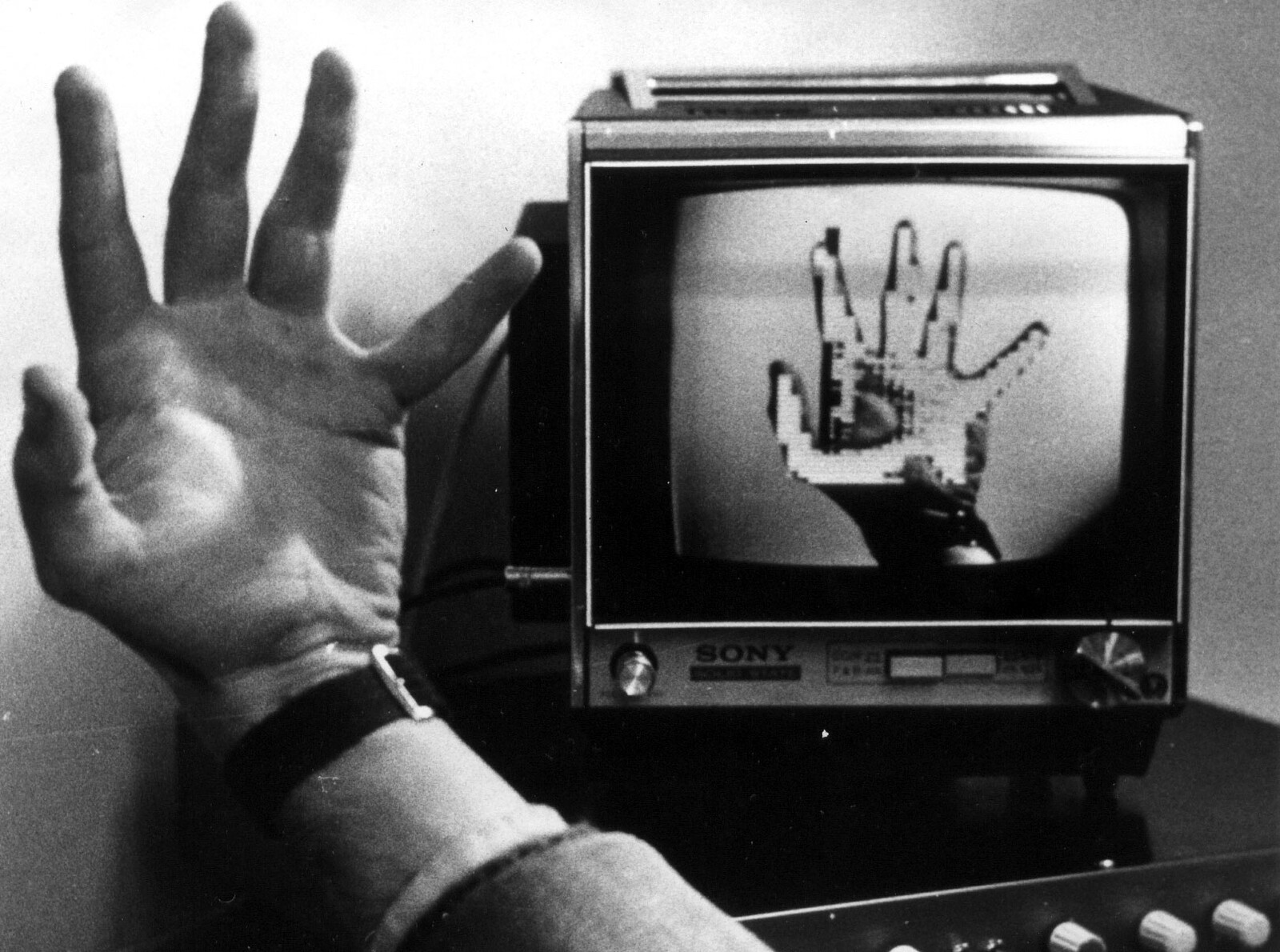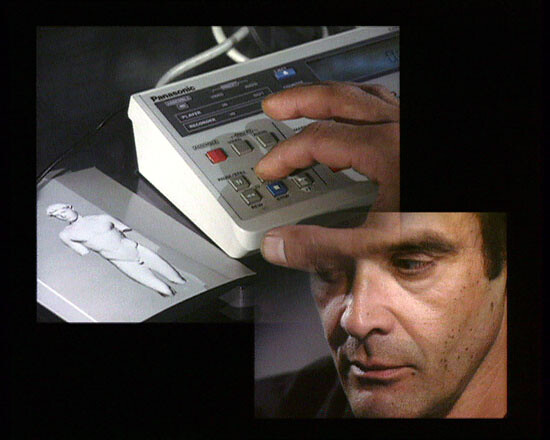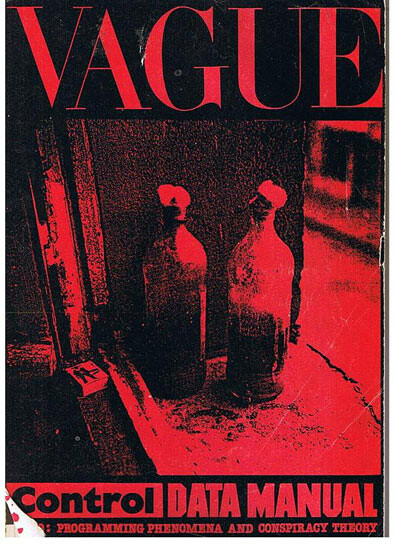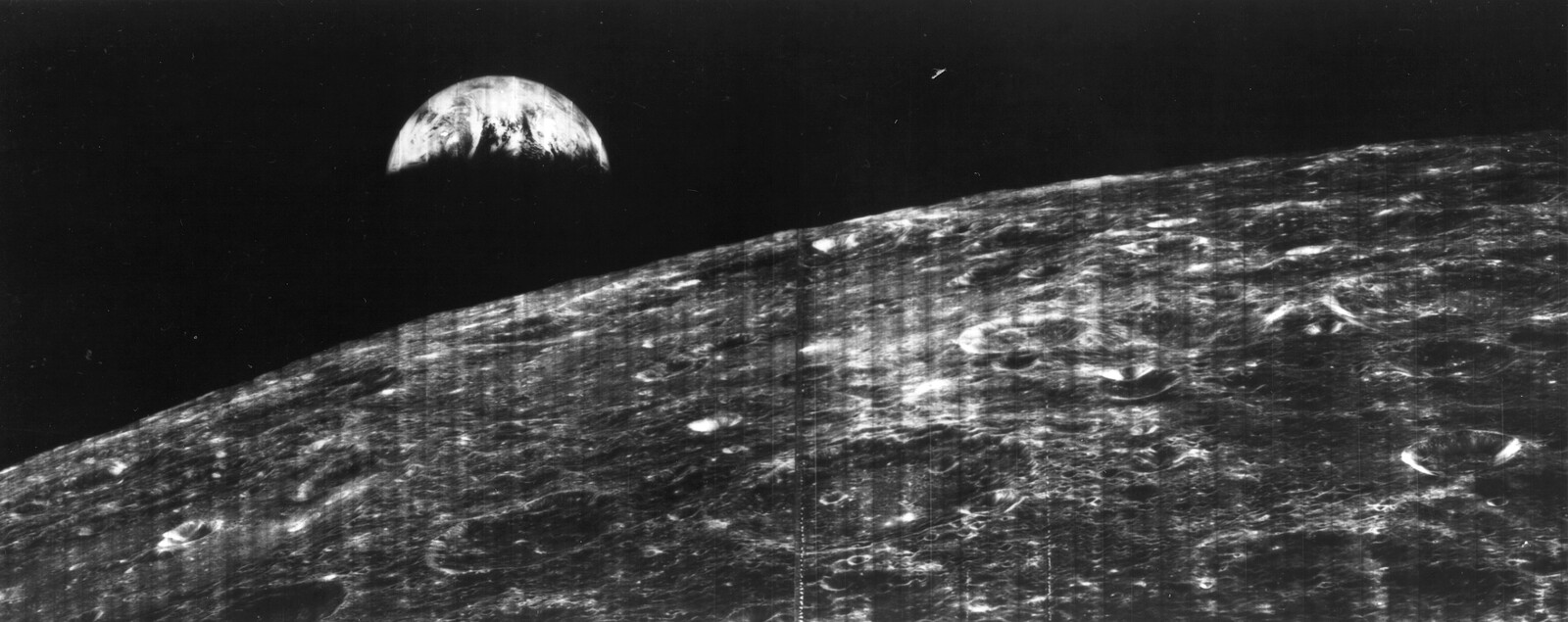In one of his treatises, Malevich writes about the difference between artists and physicians or engineers. If somebody becomes ill, they call a physician to regain their health. And if a machine is broken, an engineer is called to make it function again. But when it comes to artists, they are not interested in improvement and healing: the artist is interested in the image of illness and dysfunction. This does not mean that healing and repair are futile or should not be practiced. It only means that art has a different goal than social engineering.
Resurrection


Humans have long dreamt of reanimating the dead. Consider that Zoroastrian soteriology informed Christianity; Orthodoxy, in turn, fed Cosmism’s vision of a museum to the revolutionary dead. Today, futurists buy cryonics insurance, while the metaverse hints at an existence unconstrained by corruptible flesh.
Contemporary philosophy offers another take: the Simulation Argument, which proposes that sufficiently advanced civilizations (posthumans) have one of two destines. They either go extinct, or else they develop powerful planetary-scale computers, which are used to simulate entire worlds. These posthumans may choose to re-create their own cultural history, complete with resurrected copies of their ancestors. They might do this for education, entertainment, or perhaps as a type of remembrance a la Walter Benjamin.
Curiously, in the view of philosopher Nick Bostrom, who proposed the Argument, each step we take towards Artificial General Intelligence (such as the GPT-3 language model) should increase our credence in the possibility that we, currently-alive humans, are in fact simulations in some posthuman supercomputer.
Kurenniemi was looking for a new sensorium through technological instruments and fleshy excitements such as alcohol, drugs, sex, and combinations thereof. In his life, any boundary between science, music, physics, pornography, and technology was porous. Dimi-S (aka Sexophone or Love Machine, 1972) is a device that generates sounds through the skin contact of four performers who hold electrodes that generates bio-feedback. Each Sexophone session is unique, as the sound is generated by the electric conductivity of the players’ epidermises. The players are asked to follow some instructions to activate the machine, as in Fluxus or algorithmic art. Sexophone is an ironic forerunner of cybersex.
The history of social civilization in the last two centuries may be read as an attempt to escape the inflexible law of the survival of the fittest. Social solidarity has been the attempt to transform the world into an anti-natural place of no competition. The autonomy of politics and ethics from the natural law of evolution was based on the conscious limiting of the power of intelligence. When intelligence is not restrained by sensibility, it deploys as brutal force.
In line with its showboating tendencies, the AI claims that its secrets are the very secrets of the universe, and that these secrets are still hidden. In other words, even if the AI has “seen it all, heard it all, recorded it all, stored it all, used it all, analyzed it all,” it still cannot understand any of it. Thus, what is revealed is the rather mundane secret that interpretation is required. But how should one interpret the fact that the AI lets the preferred methods of the humanities back into the game?
This animation or resuscitation of the gas network wasn’t an outlandish fantasy on the part of the filmmakers. In fact, the plot of Acceleration (1984) was loosely based on the life story of Viktor Glushkov, a pioneering computer scientist tasked with building oil pipeline networks, among other things, after his bold idea of an information network for the USSR was shelved, and his groundbreaking research on socialist artificial intelligence was put on the back burner by authorities. Glushkov was a leading figure in Soviet cybernetic science, a science that he claimed had to be applied to each and every sphere of socialist society. In 1970, top party officials downsized Glushkov’s idea for an overwhelming information-management-and-control network to a series of smaller-scale, disparate network projects. For the better part of the 1970s, he was busy computerizing the Druzhba (Friendship) oil pipeline network that carried Siberian oil into Eastern Europe.
Sense-making (Besinnung) cannot be restored through the negation of planetarization. Rather, thinking has to overcome this condition. This is a matter of life and death. We may want to call this kind of thinking, which is already taking form but has yet to be formulated, “planetary thinking.”











